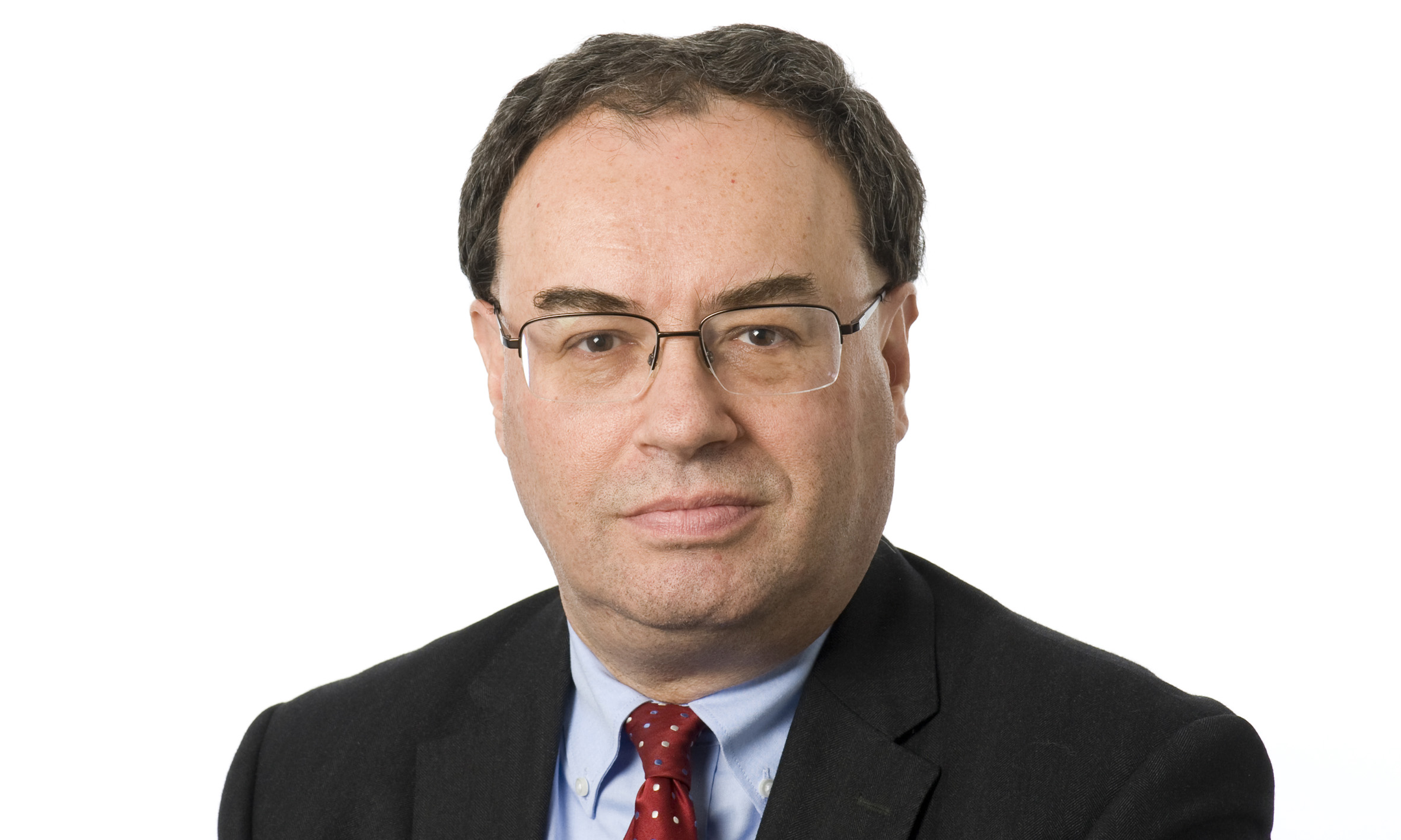
In a speech on food inflation, Bailey suggested that UK interest rates, which are currently at 5.25 per cent, after being held by the Monetary Policy Committee (MPC) this month, would need to remain high despite falling inflation levels.
This week the annual inflation rate fell to 4.6 per cent in October, from 6.7 per cent in September. This is the lowest level seen in two years but although he recognised this as good news, the Governor said there was a long way to go until it was back at the two per cent target. He also said a further rise to interest rates was not completely off the cards.
He said: “It is too soon to declare victory. We still have a long way to go. Interest rates will have to stay high enough for long enough to make sure we get all the way back to the two per cent target.
“Monetary policy is currently restrictive in the sense that, if we maintain this stance for long enough, we will squeeze inflation out of the system. That is what we will do. This also means being on watch for further signs of inflation persistence that may require interest rates to rise again.”
Food price increases a ‘global phenomenon’
In terms of food price inflation, which could keep overall inflation elevated and thus push base rate higher, the central bank has forecast that it could fall to three per cent in March 2024, from 10.1 per cent in October. But Bailey noted that many in the agricultural industry believe food price inflation will remain elevated in the very short term.
Bailey said rising food prices had been a ‘global phenomenon’ caused by several different factors. These include the Russian invasion of Ukraine, which caused major supply chain disruptions and a rise in food prices, the pandemic, and poor harvests caused by global warming.
But Bailey said many in the food industry and the government had expected consumer price inflation to fall at an earlier point.
By the end of 2022, he said agricultural prices had started to fall and supermarkets at the time said prices had peaked. Yet, at the same time, farmers said they were still facing higher costs of energy, fuel, fertiliser, feed, haulage and labour. Many of these prices were set by fixed-term contracts and meant that despite global agriculture costs falling, the price for consumers remained high for much of 2023.
He said: “The farmers appear to have been right. When it comes to the outlook for food prices, a sizeable chunk of the consumer price index, there has been no more reliable source than British farmers.”
















